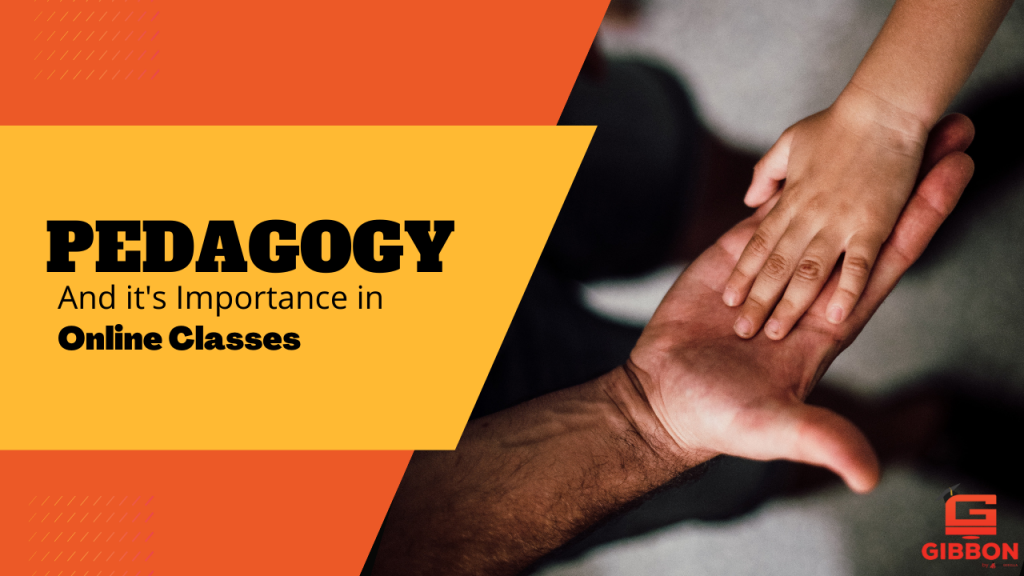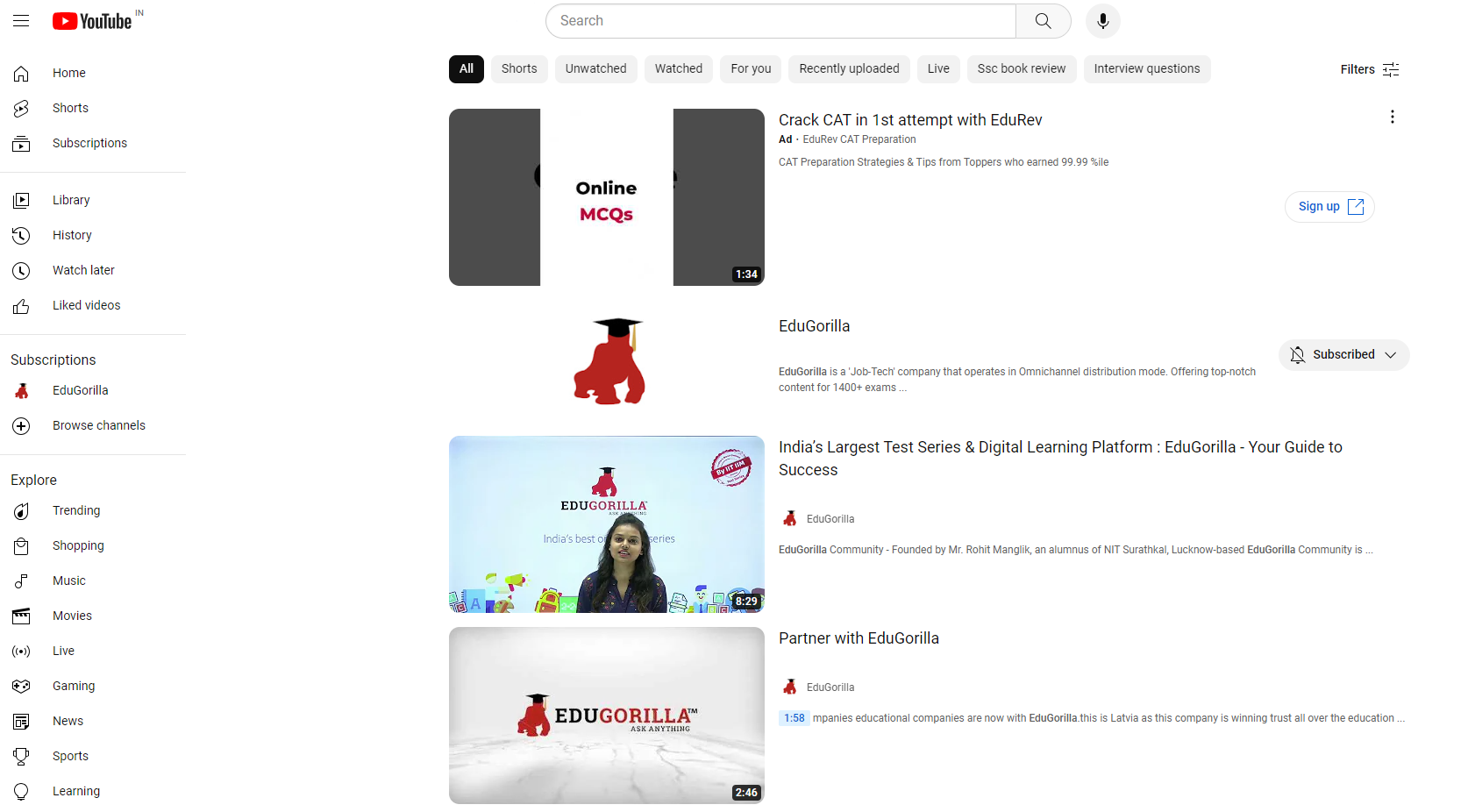Pedagogy is very important in teaching. If teaching is a building, pedagogy is the foundation of education. Pedagogy is the methods and strategies for teaching. Through these methods and strategies, a teacher is able to devise a good lesson plan that will suit his/her learners best. A good lesson plan results in good teaching. A good teaching results to a better learning. That is why teaching pedagogy is important in the teaching-learning process.

Pedagogy is often described as the act of teaching. It is basically a method and practice of teaching and the five major approaches are Constructivist, Collaborative, Integrative, Reflective and Inquiry Based Learning. It is the study of how knowledge and skills are imparted in an educational context, and it considers the interactions that take place during learning.
Heinrich Pestalozzi is the father of Modern Pedagogy. Effective pedagogies involve a range of techniques, including whole-class and structured group work, guided learning and individual activity.
Pedagogy is an old fashioned term for teaching and teaching methods. The prefix ‘peda’ – relates to child. So it is a term that can also explain the teaching of children. In the 1970’s another word became popular, that is, andragogy – which means the teaching of adults. The prefix here ‘andra’ refers to ‘man’. Quite a lot of literature emerged which looked at the differences between pedagogy and andragogy, with a number of claims that children and adults learn and should be taught differently. Look up the work of M. Knowles for more information. I have included a table below.

Progressive education pedagogy’ is an interesting term. Progressive education is the idea that education helps to develop a better world, that it is not simply about training for jobs or exams, but is a vision of schooling to be about developing a just and equality based society, in which we live together as active community members, helping each other and creating ways of expressing ourselves and ways of viewing the world. This history goes back to Rousseau and further. One of my favourite progressive educators is Robert Owen, a cotton industrialist who built a school for his mill settlement New Lanark, the school based on co-operation.
The problem with our modern schooling culture is that we have re-written its history, and the neo-liberals see ‘education pedagogy’ like a set of tools, methods and associated stories. They see that ‘progressive education’ has developed concepts of child-centred, cooperative learning, learning through play and by doing, learning through drama and creativity, learning through participating in community projects and democracy… These have been reduced to a set of tools for the trainer, and are seen to be effective at motivating learning and improving learnt outcomes. Each can have its own promoting charity or business, its own terminology, its own menu based training system for deliverers.
This then allows the ‘progressive education pedagogy’ to become a part of non-progressive schooling and training, disconnected from the history of its origins, philosophy and values. ‘Progressive education pedagogy’ becomes a set of training methods to increase learning productivity, and not for creating a just, democratic, creative society… as teachers in WW1 said, a world without war and in which women had rights. These points make pedagogy highly important for the teaching sector.
Difference between Pedagogy and Teaching
Pedagogy
Pedagogy is an approach towards teaching in which the theory and practice of learning and its influences on students play a major part. It is influenced by the political, social, and psychological growth of the students.
Example- The teacher and student produce the learning together. The teacher becomes more of a mentor or a coach and guides the student
Teaching
A teacher is a person who helps the students to acquire knowledge or skills. Anyone can take the role of a teacher informally.
Example- School teacher, music teacher
Difference between Teaching and Pedagogy
- Pedagogy is a theoretical part of teaching, whereas teaching is a practical activity. `
- Pedagogy helps to know the objectives, outcomes of the teaching process, whereas teaching is the implementation of those objectives.
- Teaching is giving instructions and information to the students, whereas pedagogy is the way of teaching.
- The curriculum answers the question- ‘What to Teach?’ whereas pedagogy answers the question- ‘How to Teach?’
ABOUT GIBBON
Gibbon is a Plug and Play solution offered by EduGorilla, for anyone with a skill to teach. Gibbon helps you to take your classes online and earn independently.
- Gibbon gives you the ability to conduct & record LIVE classes, host unlimited video courses, provide online mock tests, and conduct online tests with LIVE proctoring abilities.
- Gibbon also provides you ready-made content of 1600+ Competitive, Entrance, and Academic exams from around the country.
- Gibbon helps you reach out to more students online and get a complete marketing setup.
- We have helped more than 3000 Brands, 10000 Institutes, 20000 Teachers and 2 Crore Students, transform their education and future.
Gibbon stands for “Online-Ready Teachers for a Future-Ready India”.
To get started, book your free demo now.






